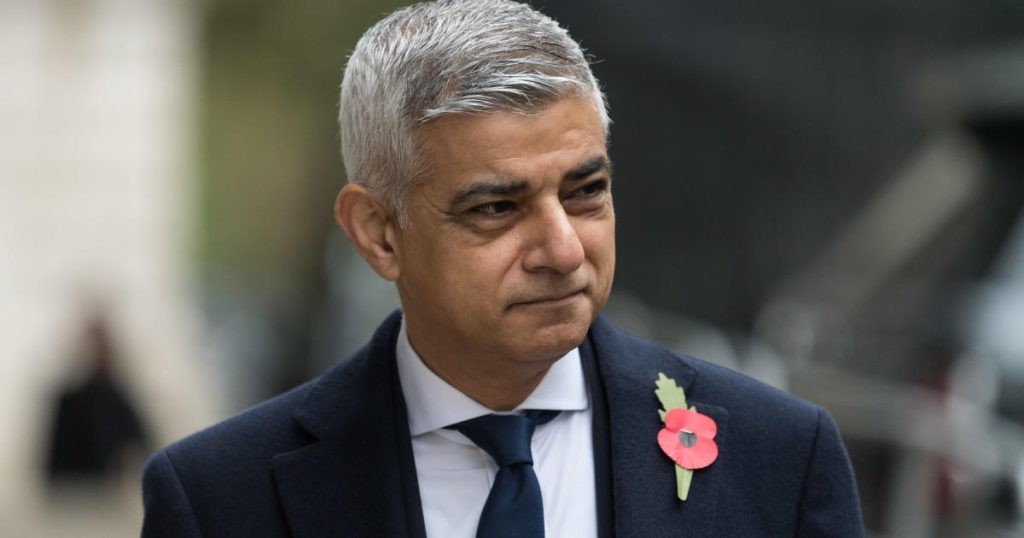London Mayor Sadiq Khan has accused US President-elect Donald Trump of targeting him because of his ethnicity and Muslim faith, sparking renewed tensions between the two. The feud began during Trump’s first presidency when Khan spoke out against a US travel ban on people from certain Muslim countries. Trump then criticized Khan, the first Muslim mayor of a Western capital, for his handling of terrorism and called him derogatory names. In response, Khan allowed a controversial blimp depicting Trump as a baby to fly over protests in London during the president’s visit in 2018.
In a recent podcast interview, Khan expressed his belief that Trump has targeted him personally because of his skin color and religion. He stated that if he were not a practicing Muslim with his ethnicity, Trump would not have attacked him. Khan defended his actions of speaking out against Trump’s policies, which he described as sexist, homophobic, Islamophobic, and racist. Despite Khan’s strong stance against Trump, other members of Britain’s Labour party, who now hold senior government positions, have taken a different approach. Foreign Secretary David Lammy, who was critical of Trump during his first term, dismissed those remarks as “old news” and Prime Minister Keir Starmer has emphasized forging a positive relationship with the president-elect.
The differences in approach towards Trump within the Labour party reflect a broader spectrum of views on how to engage with the US president-elect. While Khan believes that Trump has targeted him due to his ethnicity and religion, others have adopted a more diplomatic approach in the interest of maintaining a positive relationship with the United States. Starmer has emphasized the importance of the special relationship between the UK and the US and expressed optimism about its future under Trump’s second term. This highlights the complexities of dealing with political leaders whose views and actions may be controversial or divisive.
The feud between Khan and Trump underscores the challenges faced by leaders in navigating relationships with counterparts who hold opposing beliefs and engage in personal attacks. Khan’s defiance against Trump’s criticisms demonstrates his commitment to speaking out against policies that he believes are discriminatory and harmful. While Labour party members may have varying approaches to dealing with Trump, it is clear that the issue of ethnicity and religion plays a significant role in shaping interactions between political leaders on the international stage. Khan’s accusations against Trump shed light on the complexities of identity politics and the impact they can have on diplomatic relations between countries.
As Khan continues to stand firm in his convictions and speak out against what he perceives as unjust policies, the tensions between him and Trump are likely to persist. The contrast in approaches within Britain’s political landscape reflects broader debates about how best to engage with leaders whose actions and rhetoric may be divisive. Ultimately, the ongoing feud between Trump and Khan serves as a reminder of the complex interplay between politics, identity, and diplomacy on the global stage.


